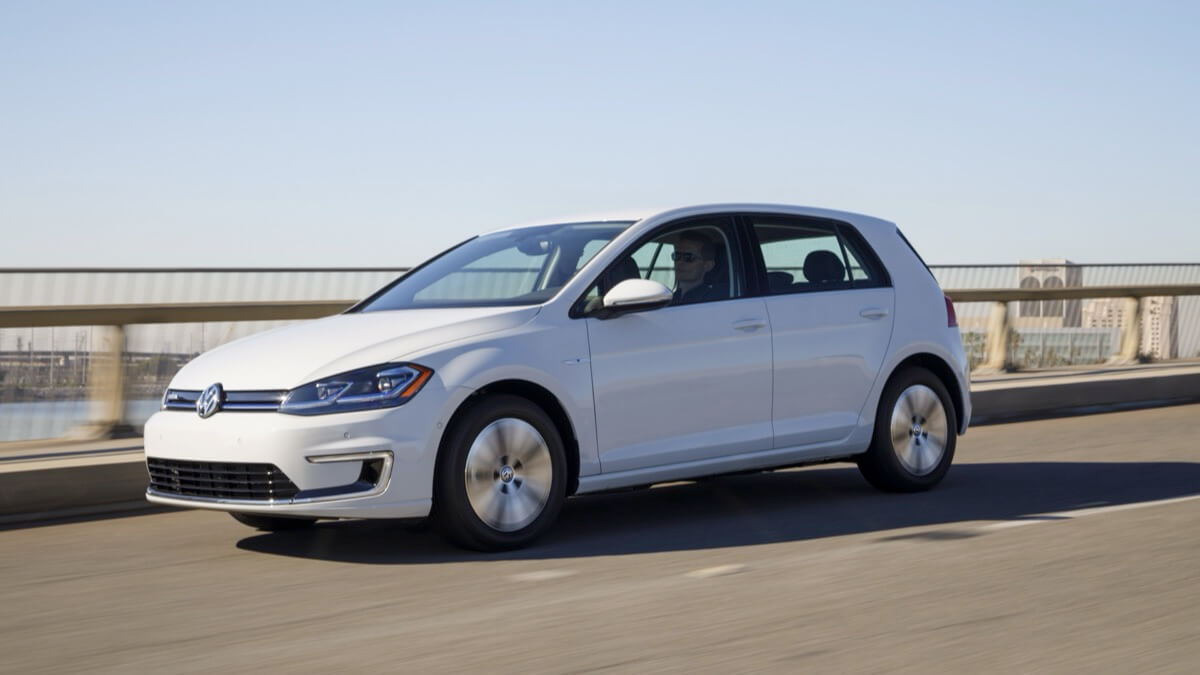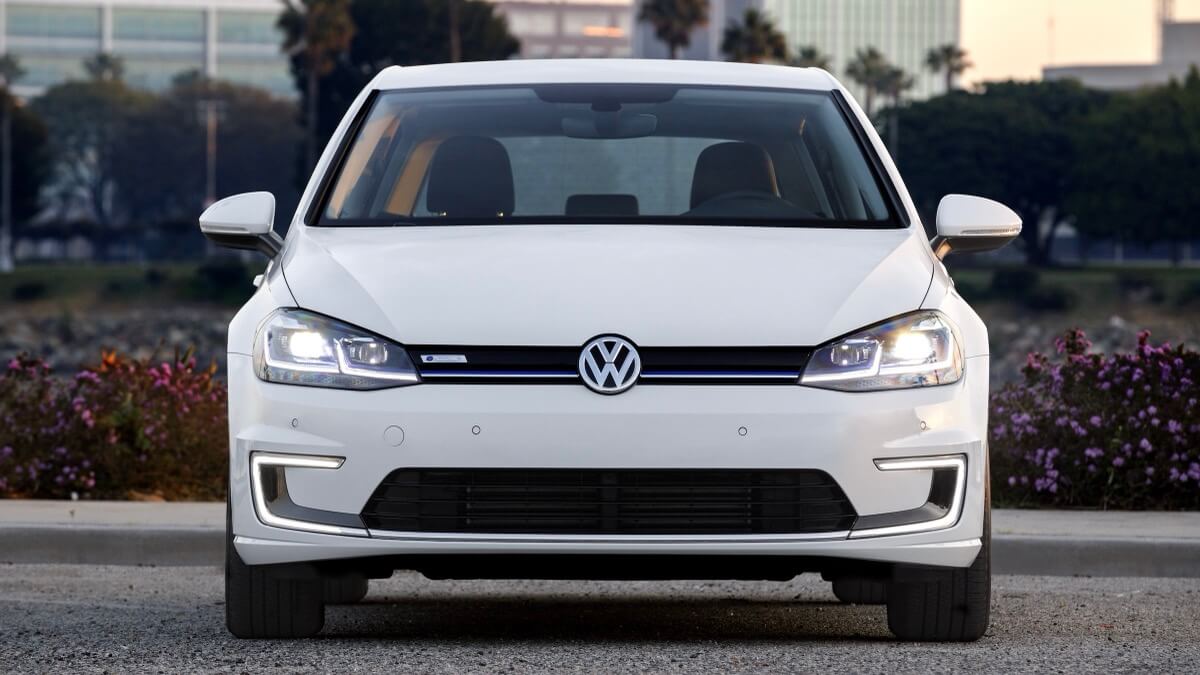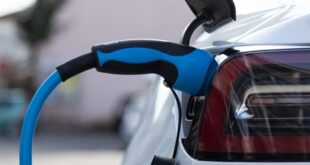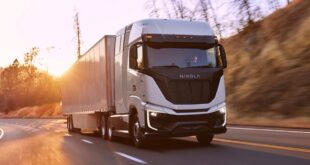The beloved Golf is getting an electric makeover, and Rivian is behind the tech powering its future.
Volkswagen is gearing up to bring back a fan favorite, the Golf, but this time with a fully electric twist. The ninth-generation Golf is set to debut in 2029, marking a big step forward for the brand as it leans into its partnership with Rivian. This new electric Golf will be built on the Scalable Systems Platform (SSP), a next-gen EV architecture being developed through the $5.8 billion joint venture between Volkswagen and Rivian.
Volkswagen’s collaboration with Rivian is a significant move for both companies. The SSP platform is designed to make future vehicles smarter and more efficient, with advanced software and electrical systems. According to VW CEO Thomas Schäfer, the Golf will be the first iconic Volkswagen model to feature this cutting-edge technology. “We decided to start with a product that means so much to so many,” Schäfer said, highlighting the Golf’s legacy as one of the most beloved compact cars globally.
The decision to focus on the Golf also comes with some changes to Volkswagen’s lineup. The ID.3, another electric hatchback in the VW family, might be phased out to make way for the new Golf. However, a redesigned version of the ID.3 is scheduled for release in 2026, offering improved hardware and a better interior. This means there could be a few years of overlap before the ID.3 bows out for good.

Interestingly, Volkswagen’s reinvention of the Golf as an electric vehicle doesn’t mean the end of its gasoline-powered counterpart just yet. The current Mk8 Golf, which includes gas, diesel, and plug-in hybrid options, is expected to stick around until 2035 when the European Union plans to ban the sale of new internal combustion vehicles. This dual approach allows VW to cater to traditional car buyers while building its EV portfolio for the future.
Before the electric Golf arrives, Audi and Porsche will be the first Volkswagen brands to showcase the SSP platform, with their models expected as early as 2027. Schäfer explained that introducing the technology in higher-end brands first allows for fine-tuning before it trickles down to more accessible vehicles like the Golf. This strategy could help ensure the platform’s success across Volkswagen’s wide range of cars, from luxury SUVs to compact hatchbacks.
Volkswagen’s partnership with Rivian signals how much the auto industry is changing. Traditional automakers are joining forces with newer players to share expertise and resources in the race to develop electric and software-defined vehicles. For VW, this collaboration not only accelerates its EV plans but also strengthens its position against fierce competition in the rapidly evolving market.
When the electric Golf finally hits the streets, it will likely be a “volume product,” according to Schäfer, with broad appeal for a wide range of buyers. It’s a bold move for Volkswagen, but one that could breathe new life into the brand’s EV ambitions while honoring the legacy of one of its most iconic cars.








